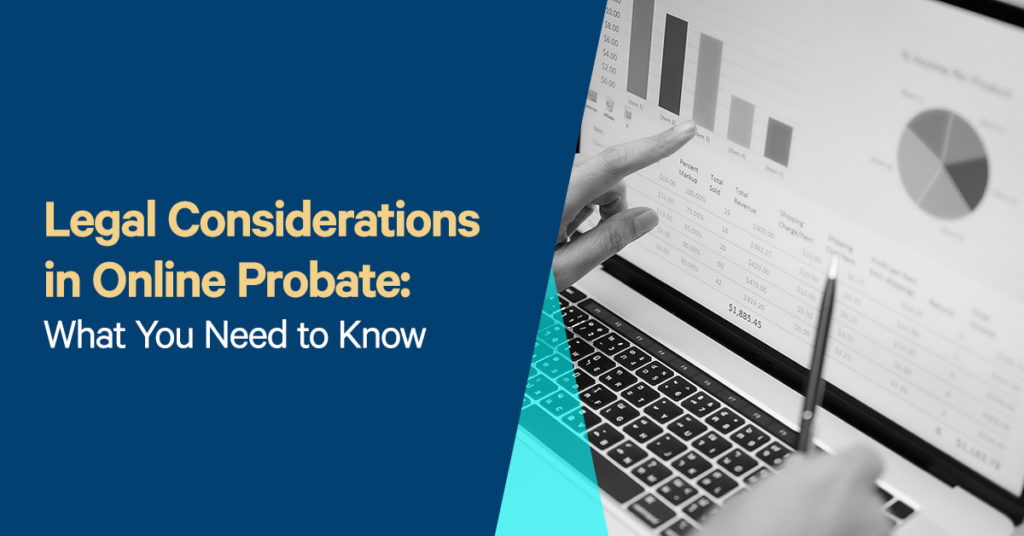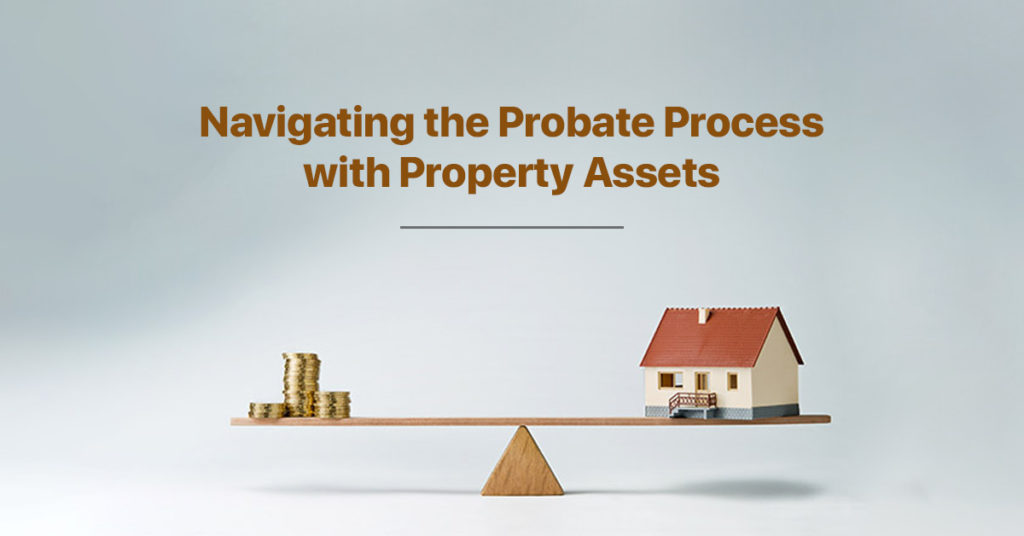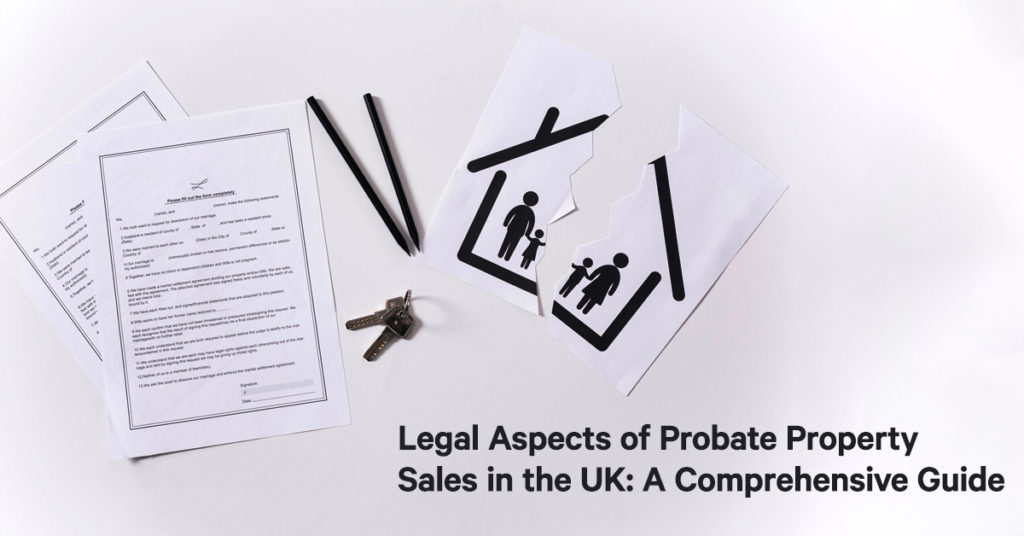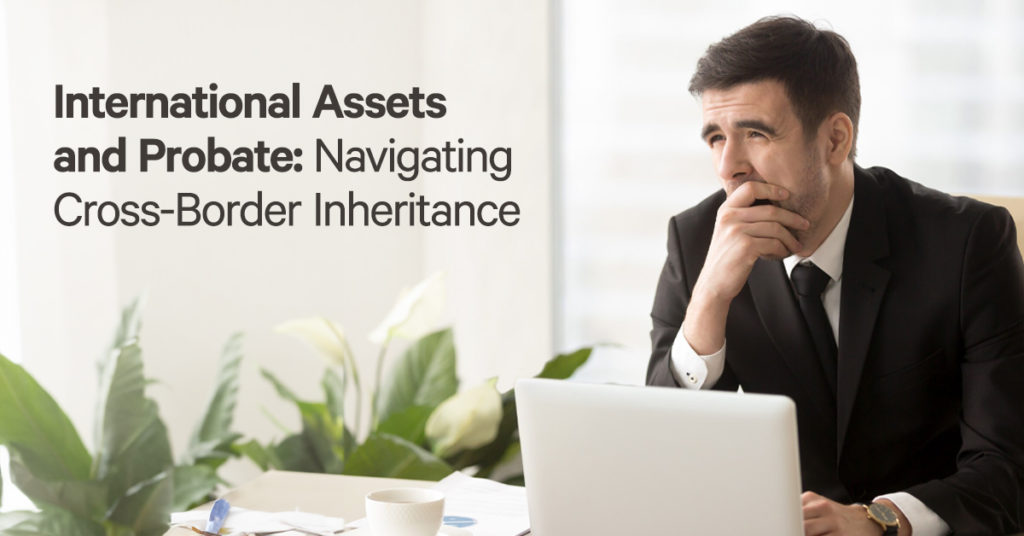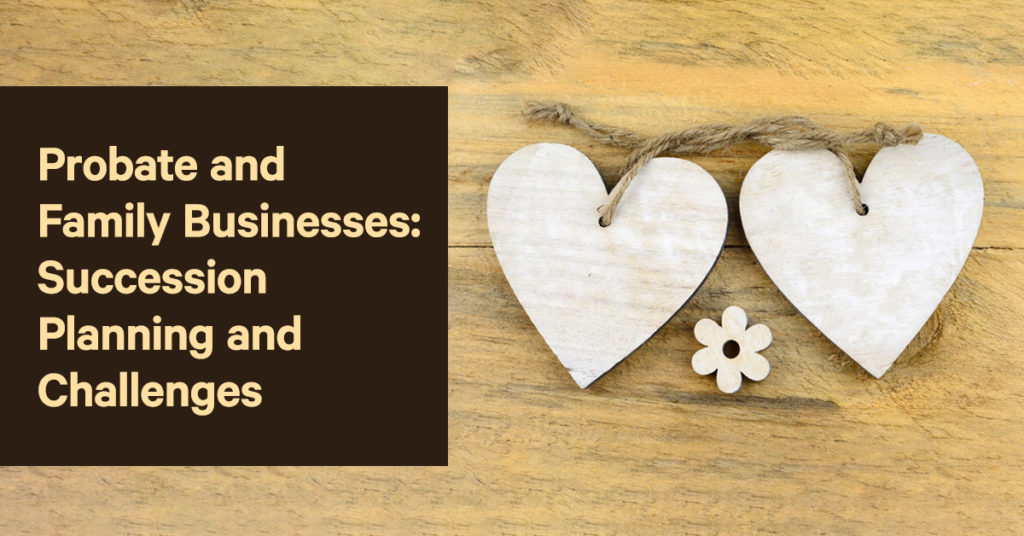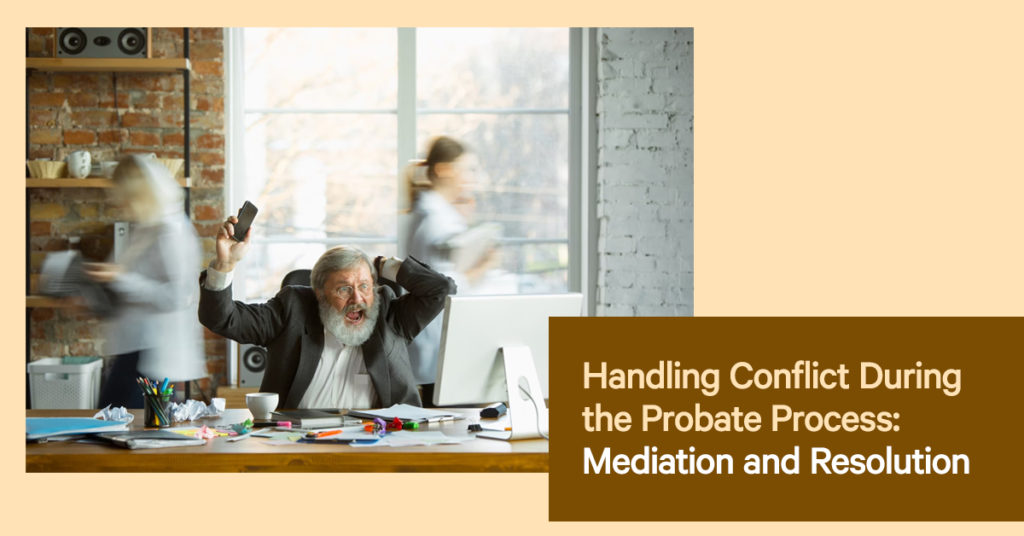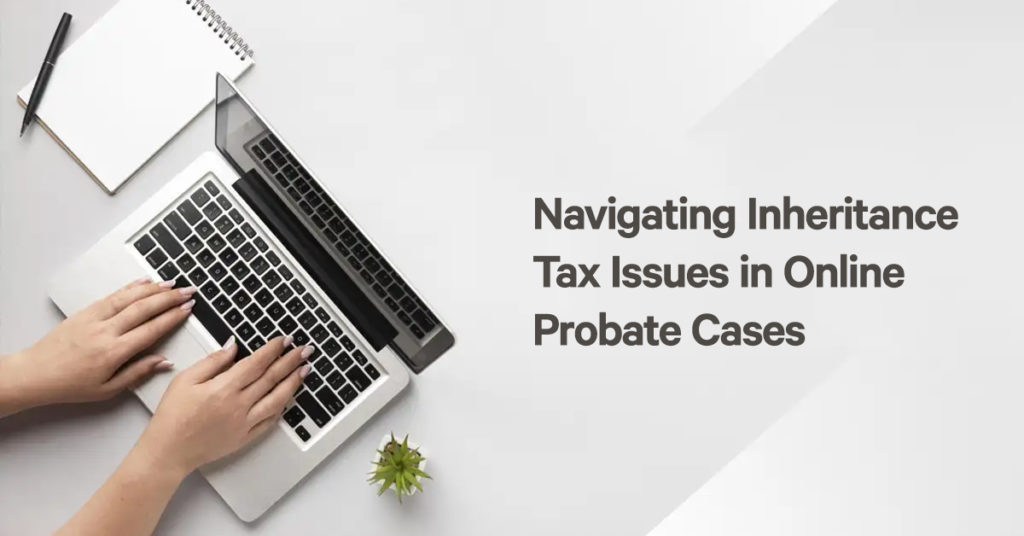
Probate has significantly evolved with the advent of digital solutions, making the process more accessible but equally complex in terms of tax implications. This blog post focuses on addressing inheritance tax issues in online probate, a key aspect often overlooked or misunderstood by many.
Understanding Online Probate
Before delving into the specifics of inheritance tax issues in online probate, it’s essential to understand what online probate entails. Traditionally, probate involved a lot of paperwork and in-person visits to solicitors and courts. However, with digital platforms, many aspects of this process can now be handled online. This includes filing applications, submitting documents, and communicating with probate registries. The aim is to streamline the probate process, making it more efficient and less time-consuming.
The Significance of Inheritance Tax in Online Probate
Inheritance tax issues in online probate cases often arise from the digital nature of transactions and communications. The ease of transferring assets online and managing estate details virtually can sometimes lead to oversights in tax considerations. Inheritance tax is a tax on the estate (the property, money, and possessions) of someone who has died. So, understanding how this tax applies in the digital arena is crucial for executors and beneficiaries.
Identifying Taxable Assets
One of the first steps in navigating inheritance tax issues in online probate is identifying which assets are taxable. This includes money in bank accounts, real estate, certain types of trusts, and digital assets like online investments. It’s vital to accurately assess the value of these assets to determine the inheritance tax due.
Thresholds and Exemptions
The current threshold for inheritance tax in the UK is £325,000. This means if the estate’s value is below this threshold, there’s usually no tax to pay. However, any value above this amount is taxed at 40%. There are exceptions and reductions available, such as when everything above the £325,000 threshold is left to your spouse, civil partner, a charity, or a community sports club.
Online Probate and Tax Filing
One of the inheritance tax issues in online probate is the filing of the necessary tax forms. Fortunately, many of these forms can now be completed and submitted online. This includes the Inheritance Tax Account (Form IHT205 for smaller estates and Form IHT400 for larger estates). However, navigating these forms can be challenging, and seeking professional advice is often recommended depending on the complexity of the case or how comfortable you are with dealing with the probate process.
Paying Inheritance Tax
Inheritance tax must be paid by the end of the sixth month after the person dies. Online banking has simplified this process, allowing for quicker and easier payments. However, it’s essential to ensure that all due taxes are paid to avoid penalties. Delayed or incorrect payments can result in significant financial consequences, including interest charges. It’s also important to be aware of any updates or changes in tax legislation that may affect your obligations. Probate experts can provide peace of mind, ensuring all tax responsibilities are met accurately and on time. This proactive approach not only keeps you compliant with tax laws but also helps in managing the estate’s assets efficiently.
Record Keeping
Record-keeping is a key part of addressing inheritance tax issues in online probate. This involves maintaining detailed records of all transactions, communications, and decisions made during the probate process. Digital tools can be useful in this regard, providing a centralised platform for storing and accessing these records.
Professional Advice
Given the complexity of inheritance tax issues in online probate, seeking professional advice makes sense. Probate experts can guide you on tax matters, helping you meet your obligations and making sure the process is as smooth as possible for all parties involved.
Common Mistakes to Avoid
Common mistakes in handling inheritance tax issues in online probate include underestimating the value of digital assets, missing deadlines for tax payments and incorrectly filling out tax forms. Awareness and careful planning can help avoid these pitfalls. Overlooking potential deductions and reliefs, failing to account for foreign assets, and not updating the estate’s valuation if assets fluctuate can lead to significant issues. Regular consultation with probate experts and staying informed about inheritance tax regulations are crucial. This makes sure that all aspects of the estate are accurately reported and taxed, preventing costly errors and legal complications.
Get Informed, Not Overwhelmed
Navigating inheritance tax issues in online probate is a critical task that requires careful attention to detail and a good understanding of the UK’s tax laws. While the shift towards digital probate processes offers convenience, it brings unique challenges that must be addressed. With the correct knowledge and professional advice, you can overcome these challenges for a smooth probate process.
By focusing on accurate asset valuation, understanding tax thresholds and exemptions, using online tools for tax filing and payments, and maintaining robust records, executors and beneficiaries can navigate the complexities of inheritance tax issues in online probate. This approach simplifies the probate process and ensures compliance with legal obligations, providing peace of mind during a challenging time.
As we’ve highlighted, inheritance tax issues in online probate require careful consideration and management. By embracing the digital shift in probate services while remaining vigilant about tax obligations, individuals can navigate this process more effectively, making sure all legal and fiscal responsibilities are met, and how and when they should be.
Take Action Today
Don’t let inheritance tax issues in online probate overwhelm you. Take the first step towards seamless probate management by completing our contact form. We understand the urgency and sensitivity of these matters, so we aim to call you back within a few hours. For immediate assistance, feel free to call us at 01603 552028. You can also reach out via email at hello@www.probatesonline.co.uk. You’ll find lots of other useful advice and articles in our other blog posts, and our team of experts is ready to guide you through every step for a smooth and stress-free probate process.

